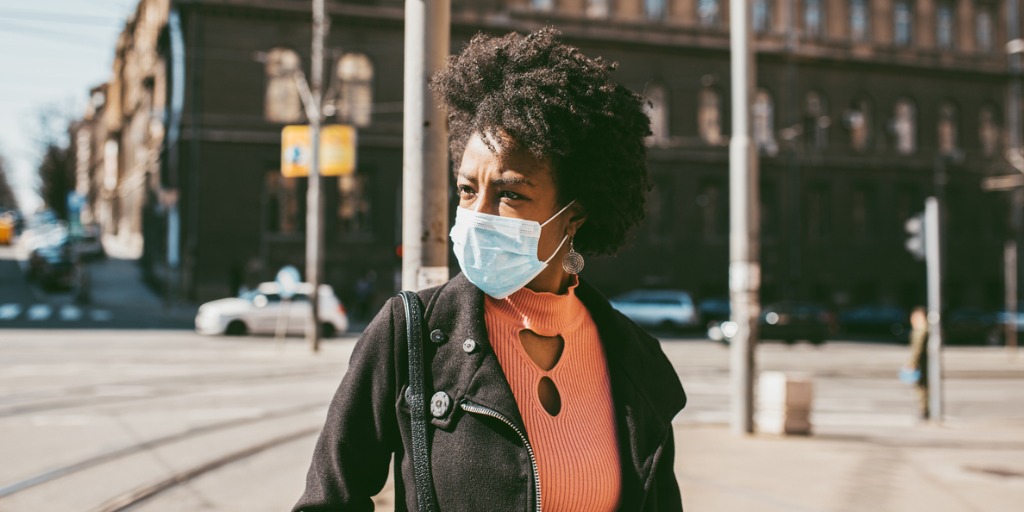The impact of COVID-19 on non-COVID-19 clinical trials [whitepaper]

As of September 2020, there have been over 30 million COVID-19 cases worldwide, with nearly 7 million cases in the United States alone. The impact of this global pandemic is widespread, ranging from how we conduct ourselves in public to the ways in which we seek healthcare.
How do we move research forward in the age of COVID-19? While the world is focused on the promise of clinical trials to find treatments and vaccines for COVID-19, more than 1,000 clinical trials for other conditions have delayed their start or been paused.
In our latest whitepaper, we explore the pandemic’s impact on non-COVID research from patient and site perspectives, then dive into its effects on data, operations, and recruitment. Some key takeaways include:
- The impact on patients who were/are participating in clinical trials has been sizable, with new safety measures needing to be put in place. These changes have brought questions of choices about risk, keeping up with modern technology, ethical issues, and compassion to the forefront.
- As certain areas of the United States reopen, it’s important to examine not only the issues sites faced while in lockdown, but also considerations for re-starting operations. We’re seeing a reallocation of resources for COVID-19 trials, a focus on access to supplies, and changing safety protocols.
- Protocol deviations and amendments are becoming increasingly necessary due to COVID-19, including: IRB adjustments, informed consent changes, data integrity and data analysis, and timelines.
- The COVID-19 outbreak is taking its toll on new patient recruitment initiatives, but new tactics like building a pre-recruitment registry and amping up pre-screening technology allow sponsors to plan ahead.
As we work to drive research forward in this new environment, it will be critical to remain flexible — with patients, with sites, with data analyses, and with recruitment approaches.
Topics: For Sponsors

